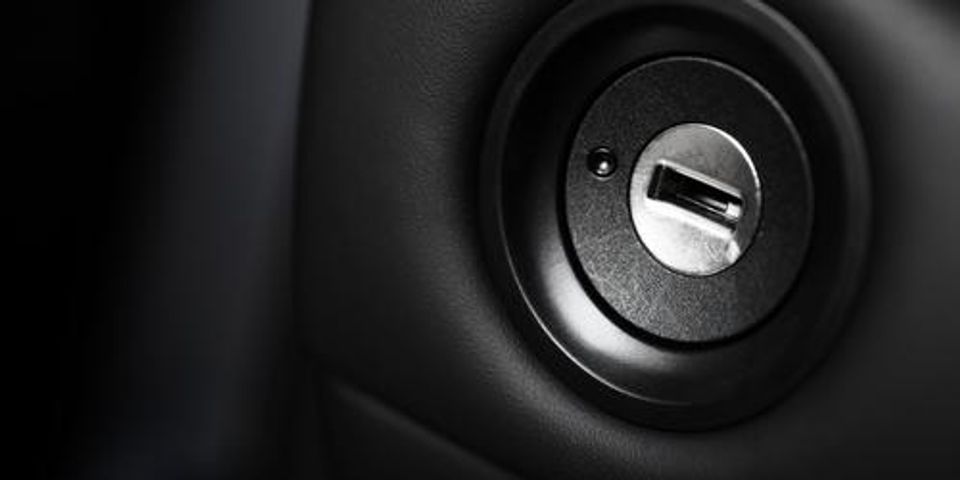A DWI Lawyer on Interlock Ignition Devices in NY State

An Ignition Interlock Device (IID) is an apparatus installed in the vehicles of those convicted of DWI. An IID measures blood alcohol content through a breathalyzer-type device, but it is not as accurate. If you have no alcohol in your system, the device allows you to start your vehicle. If you register even the slightest BAC, it prevents you from starting the engine, and records and reports the BAC electronically to a centralized location. The devices are sensitive and pick up small amounts of alcohol, which are often derived from cough syrup, mouthwash, and other non-alcoholic beverage sources. Below, DWI lawyer Thomas A. Corletta, Attorney at Law, in Rochester, New York, explains what happens when you are ordered to have an IID installed on your vehicle in the Empire State.
A Guide to Interlock Ignition Devices in New York State
Requirement
Since August 15, 2010, New York requires anyone convicted of DWI to have an IID installed in their vehicle. This includes first-time offenders. If you own and/or operate more than one vehicle, you are required to install such a device in each of them, which can cause difficulty and unnecessary expense; particularly if family members operate the other vehicles. Problems can also arise with employer’s vehicles, or leased vehicles, which require permission from the lessee. Your IID will be monitored by the County Probation Department. Often, those convicted of DWI must divest themselves of ownership in any vehicle other than the one they are driving.
Process
There are several different types of IIDs. Most have a camera which will capture the person blowing into the device. This prevents others from doing so. Only you may use your IID. No one else should operate your vehicle. You will receive your IID(s) from a state-approved installer, and the device(s) must be installed within 10 days of sentence. After it has been installed, you must provide proof of installation—to both the Court and the Probation Department. You will have the IID for one year, unless the Court allows it to be removed after 6 months. This requires no violations and Court approval.
Payment

You incur all costs associated with installing, maintaining, and removing the IID. The installer will review the price with you and how to pay. The court may waive the costs if you demonstrate sufficient financial need. If you can't afford to pay for an IID, let your DWI lawyer know so they can request a waiver. You will have to provide a full financial disclosure. Simply saying you can't afford it is not enough. The Court will carefully review your finances and financial situation. Waivers are mostly granted to those who are indigent.
If you've been charged with a drunk driving offense, trust Thomas A. Corletta, Attorney at Law, to look out for your rights and future. For more than 37 years, he has been representing Rochester clients in a variety of criminal defense matters. Call (585) 546-5072 or visit his website to make an appointment for legal advice with a trusted local DWI lawyer.
About the Business
Have a question? Ask the experts!
Send your question

